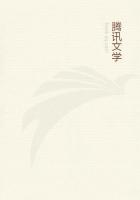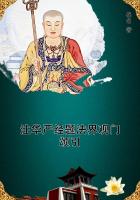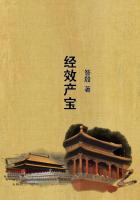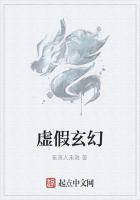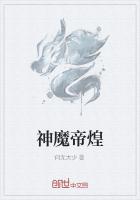Not marble, nor the gilded monuments Of princes, shall outlive this powerful rhyme is only one out of a dozen passages in which he (possibly with a keen sense of the fun of scandalizing the modest coughers) proclaimed his place and his power in "the wide world dreaming of things to come." The Dark Lady most likely thought this side of him insufferably conceited; for there is no reason to suppose that she liked his plays any better than Minna Wagner liked Richard's music dramas: as likely as not, she thought The Spanish Tragedy worth six Hamlets. He was not stupid either: if his class limitations and a profession that cut him off from actual participation in great affairs of State had not confined his opportunities of intellectual and political training to private conversation and to the Mermaid Tavern, he would probably have become one of the ablest men of his time instead of being merely its ablest playwright. One might surmise that Shakespear found out that the Dark Lady's brains could no more keep pace with his than Anne Hathaway's, if there were any evidence that their friendship ceased when he stopped writing sonnets to her. As a matter of fact the consolidation of a passion into an enduring intimacy generally puts an end to sonnets.
That the Dark Lady broke Shakespear's heart, as Mr Harris will have it she did, is an extremely unShakespearian hypothesis. "Men have died from time to time, and worms have eaten them; but not for love," says Rosalind. Richard of Gloster, into whom Shakespear put all his own impish superiority to vulgar sentiment, exclaimsAnd this word "love," which greybeards call divine, Be resident in men like one anotherAnd not in me: I am myself alone. Hamlet has not a tear for Ophelia: her death moves him to fierce disgust for the sentimentality of Laertes by her grave; and when he discusses the scene with Horatio immediately after, he utterly forgets her,though he is sorry he forgot himself, and jumps at the proposal of a fencing match to finish the day with. As against this view Mr Harris pleads Romeo, Orsino, and even Antonio; and he does it so penetratingly that he convinces you that Shakespear did betray himself again and again in these characters; but self-betrayal is one thing; and self-portrayal, as in Hamlet and Mercutio, is another. Shakespear never "saw himself," as actors say, in Romeo or Orsino or Antonio. In Mr Harris's own play Shakespear is presented with the most pathetic tenderness. He is tragic, bitter, pitiable, wretched and broken among a robust crowd of Jonsons and Elizabeths; but to me he is not Shakespear because I miss the Shakespearian irony and the Shakespearian gaiety. Take these away and Shakespear is no longer Shakespear: all the bite, the impetus, the strength, the grim delight in his own power of looking terrible facts in the face with a chuckle, is gone; and you have nothing left but that most depressing of all things: a victim. Now who can think of Shakespear as a man with a grievance? Even in that most thoroughgoing and inspired of all Shakespear's loves: his love of music (which Mr Harris has been the first to appreciate at anything like its value), there is a dash of mockery. "Spit in the hole, man; and tune again." "Divine air! Now is his soul ravished. Is it not strange that sheep's guts should hale the souls out of men's bodies?" "An he had been a dog that should have howled thus, they would have hanged him." There is just as much Shakespear here as in the inevitable quotation about the sweet south and the bank of violets.
I lay stress on this irony of Shakespear's, this impish rejoicing in pessimism, this exultation in what breaks the hearts of common men, not only because it is diagnostic of that immense energy of life which we call genius, but because its omission is the one glaring defect in Mr Harris's otherwise extraordinarily penetrating book. Fortunately, it is an omission that does not disable the book as (in my judgment) it disabled the hero of the play, because Mr Harris left himself out of his play, whereas he pervades his book, mordant, deep-voiced, and with an unconquerable style which is the man.

